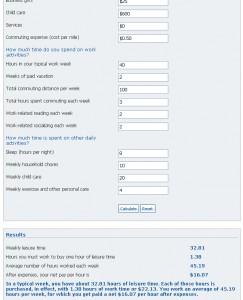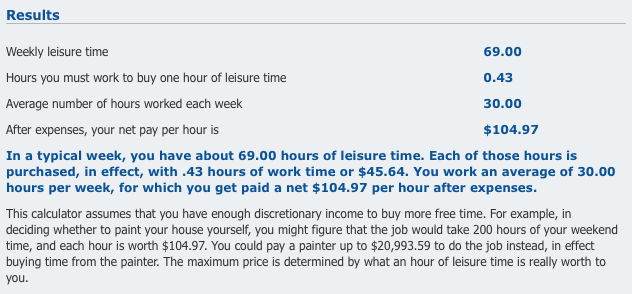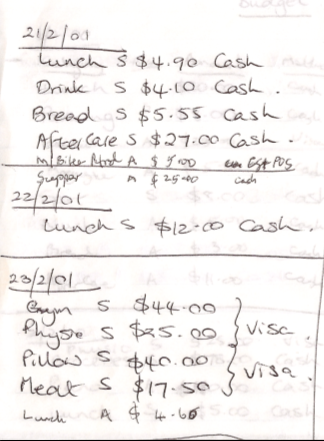[You may select more than one option]
Our last foray into the world of credit cards pulled up an array of options around using the points generated; for example, Mike says that he:
Usually pockets the cash back but flying in the A380 Suites are always nice.
And, Investor Junkie uses the points to generate extra cash to invest:
Instead of Best Buy cards, it deposits directly into my Fidelity account.
A popular option, I’m sure, would be to ‘fly them off’ (as I do). On the other hand, Costco gives cash rebates (which we also enjoy). But, I would be interested to see how our readers currently redeem their credit card reward points?
Since you probably have multiple cards, I’ve allowed multiple options on this Reader poll, but just choose the one or two that you mostly figure on using?
Once you have made your selection/s, please read on ….
I wonder, though, where the best bag for buck (almost literally) comes from? I mean, each rewards program must have some sort of formula as to how they convert every dollar that you spend into points, then a more complicated formula (with different weightings, I’m guessing) to convert those points into the cash and/or airline miles and/or other stuff that they need to ‘buy’ to give to you.
But, I’m guessing that those weightings are NOT equal; so what is a more ‘efficient’ (or is that ‘effective’?) use for your points, for the credit cards that you have signed up for?
Using your points for:
1. Cash? Whether you direct it to your investing account, or just spend it.
2. More Stuff? Like Best Buy cards … I used to give the rewards to my employees (anything from bicycles to trips for 2, all paid for by redeemed rewards vouchers) in recognition for ‘above and beyond’ performance.
3. Airline Miles? I’m told that this is the best $$-for-point conversion that you can get … and, that redeeming your points for international flights outweighs domestic travel in terms of the ‘free value’ that you receive.
Since I fly a lot (esp. internationally), generally at my cost, this last option seems the best for me …
Logically, we should aim to get the most Usable Cash Value from our credit card points i.e. either cash, or something that we would convert into cash by using the points INSTEAD of using our own cash on something that we WOULD have spent cash on, anyway.
If it’s something that you would NOT have normally bought for yourself, then the Usable Cash Value is actually low [AJC: under my definition!].
Although, I am contradicting myself a little because I just ‘blew’ a whole heap of points on that First Class airline seat that I would never have bought for myself!
On the other hand, I am at the ‘other end’ of my financial journey, so what the hey 😉




 Trent at A Simple Dollar poses an equally simple question:
Trent at A Simple Dollar poses an equally simple question: 


